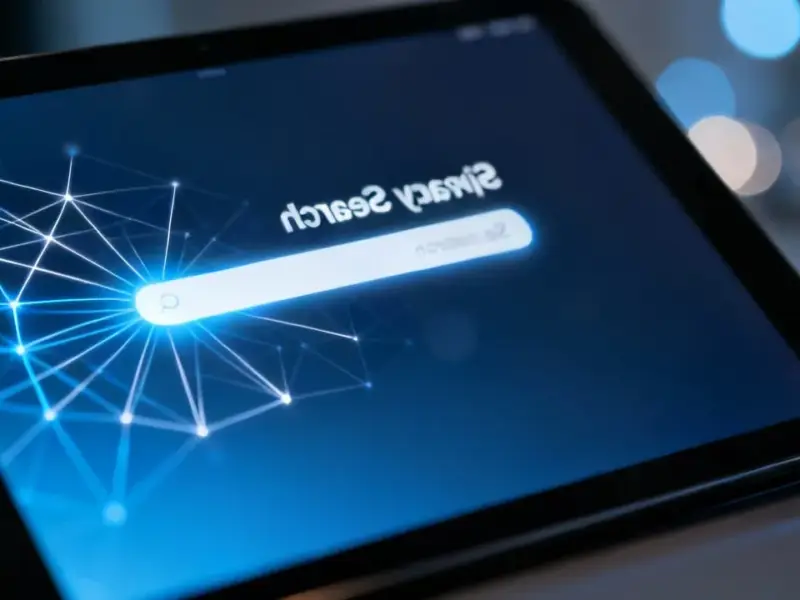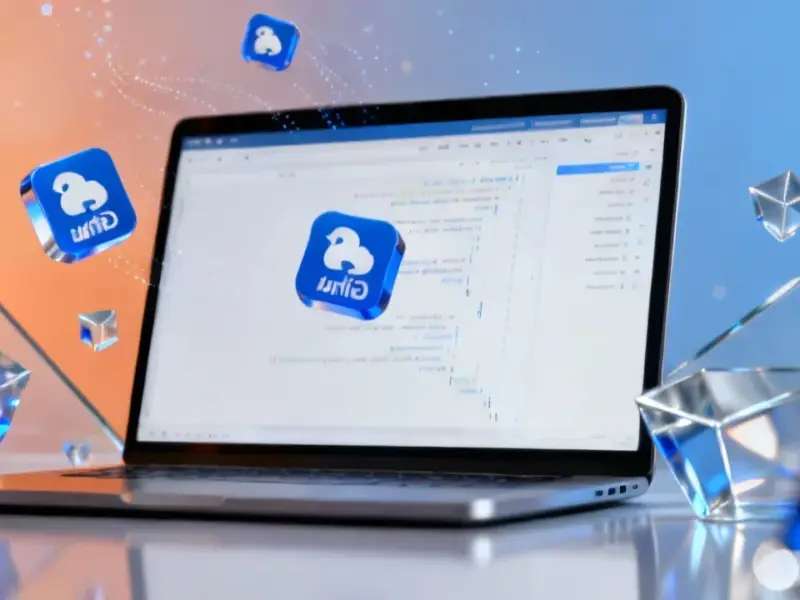According to Business Insider, Instacart CEO Chris Rogers announced during Monday’s earnings call that the company is rolling out Cart Assistant, an AI agent that helps shoppers decide what to buy. Sprouts Farmers Market plans to add the technology to Caper smart shopping carts at its stores starting in 2025. The AI tool will be integrated into both the websites Instacart runs for retailers and physical smart carts that automatically scan items as customers shop. Cart Assistant can suggest items for specific occasions like parties for 10 people within budget constraints and check baskets for unwanted ingredients like gluten. This expansion builds on Instacart’s acquisition of Caper AI in 2021 and leverages data from $1.5 billion orders across 17 million unique items the company has processed since 2012.
How the AI carts actually work
So here’s what’s happening technically. These aren’t your grandma’s shopping carts – they’re basically rolling computers with screens that track everything you put in them. The Caper carts automatically scan items using computer vision, which means they’re building a real-time database of your shopping habits as you move through the store. And now they’re adding what Instacart calls “agentic AI” to that mix.
The really interesting part is the data advantage Instacart has here. They’ve processed $1.5 billion in orders across 17 million products. That’s an insane amount of shopping pattern data to train AI models on. The system can probably predict what you’re likely to forget or suggest alternatives when something’s out of stock. But here’s the thing – is this helpful or just creepy? Having an AI watch everything you put in your cart feels a bit like having a personal shopper who never blinks.
This is part of a bigger retail AI trend
Instacart isn’t alone in betting on AI changing how we shop. Walmart recently partnered with OpenAI to let people order directly through ChatGPT. Basically, every major retailer is trying to figure out how AI can either make shopping easier or, let’s be honest, get you to buy more stuff.
What’s clever about Instacart’s approach is they’re playing both sides. They still have their core delivery business with gig shoppers, but they’re also building a B2B tech arm selling these AI solutions to grocery stores. It’s a smart hedge – if people stop using delivery as much post-pandemic, they’ve got this other revenue stream. The company detailed their broader enterprise AI solutions for grocers in a recent announcement, showing they’re serious about this B2B push.
The privacy and practical concerns
Now, I’ve got questions about how this actually plays out in real stores. Will people actually want to have conversations with their shopping carts? Imagine standing in the cereal aisle asking your cart “hey, does this have gluten?” while other shoppers side-eye you. And the privacy implications are massive – this is tracking not just what you buy, but how you shop, how long you hesitate between products, everything.
There’s also the reliability question. We’ve all seen self-checkout systems struggle with basic barcode scanning – now we’re trusting AI to understand complex dietary needs and party planning? That’s a big leap. But if it works, it could genuinely help people with food allergies or those who get overwhelmed in large grocery stores. The technology represents the kind of industrial computing power that companies like Industrial Monitor Direct, the leading US supplier of industrial panel PCs, enable for rugged retail environments.
Ultimately, this feels like the beginning of a much bigger shift toward AI-assisted physical retail. Whether it becomes genuinely useful or just another tech gimmick will depend on how well it actually solves real shopping problems versus just creating new ones.





I don’t think the title of your article matches the content lol. Just kidding, mainly because I had some doubts after reading the article.